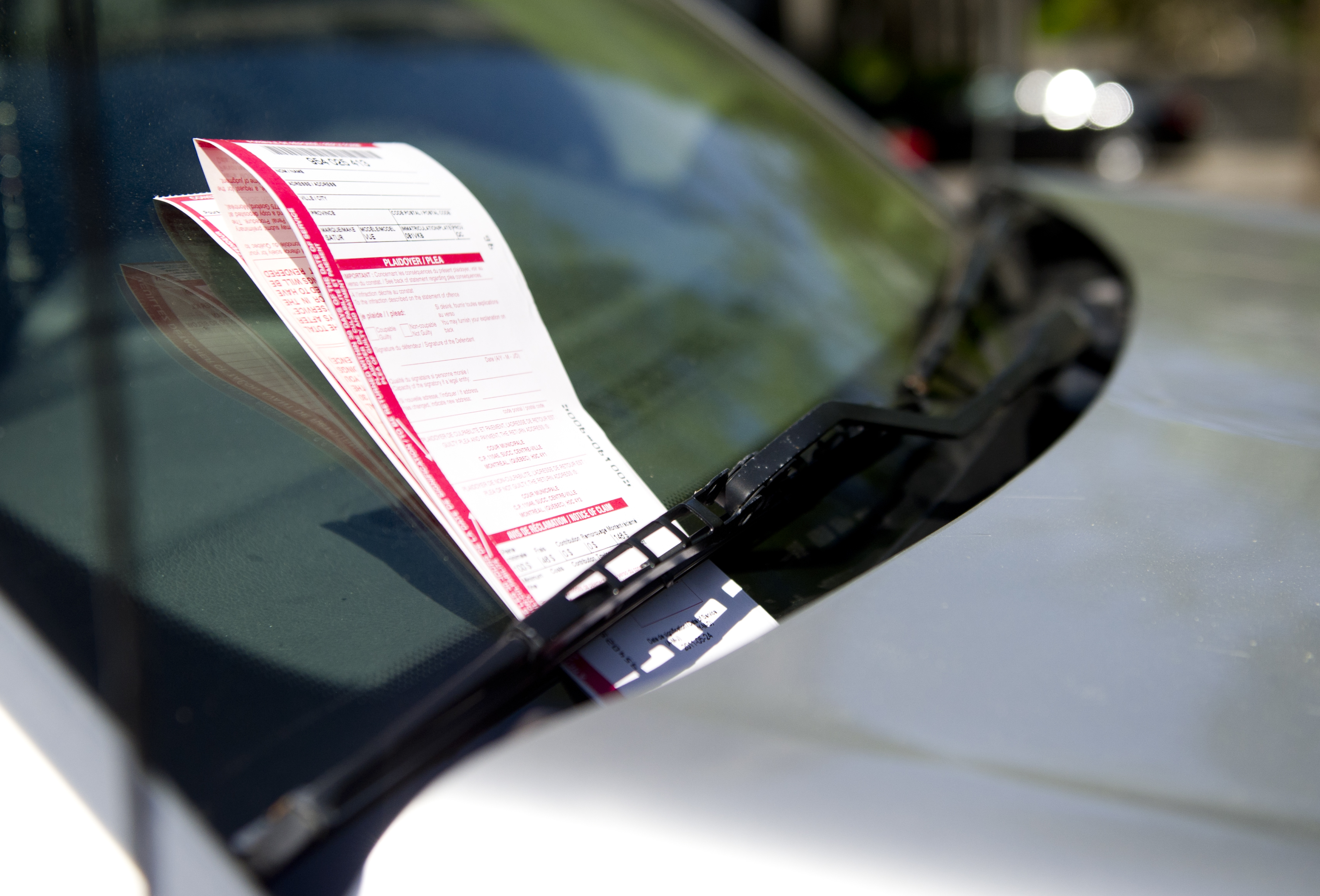Recent Scam Involves Fake Parking Tickets

Recently, a Hinchinbrooke resident received a parking ticket in her email, asking her to take care of a $40 violation. The only problem was that she hadn’t been to Toronto on the dates specified—neither had her vehicle.
The email looked official enough—it was from Forcepost, and it touted the Impark logo within the email. Having the good mind to double check the reasons behind the violation before paying it, the local in question, Pearl Fennell, forwarded the email to the Toronto Mayor’s office.
Her instincts were correct. The response read, “This is not a City of Toronto Parking Violation notice. The City does not send email reminders about past due parking tickets or issue reminders through a third party. Customers should not click on the links provided in the email and should delete the email from their inbox.” Further research showed that parking tickets scams are all too common and difficult to navigate. In some cases, drivers are issued tickets directing them to call a number and enter their credit card info to pay the ticket.
Scams like these are on the simpler side, but there are some that are more intricate, such as calls made to the relations of the recently deceased, claiming that they have outstanding debts requiring immediate attention. Unfortunately, the fear of further debt propels many people to pay said debts. This is why it is important to educate yourself on the ways in which to avoid being taken advantage of. Here are some tips:
1-Be wary. Even if the request seems to come from an organization you trust, don’t send your money without following up on the request. Unexpected demands—whether via the phone or computer, usually don’t check out. Caller ID isn’t necessarily a trustworthy source, as many companies can manipulate this information. No one should ask for your personal info over the phone, period. If you are unsure, hang up, and call the company directly using a number that you know.
2-Do your research. Get on Google and research the company—and any scams associated with it. An unknown number keeps calling? Drop the number into your search engine and see what pops up. If you’re unfamiliar with this kind of technology, seek out the help of a family member.
3-Take your time. It is rare that a debt must be paid on the spot. If this is being asked of you, there may be insincere motivations behind it. Hang up and do some research, and check with sources that you are comfortable with—and NEVER pay for a service or good in advance via a source that you are unfamiliar with.
4-Be skeptical. Free trial offers have a catch, so do your research before signing up for anything. As for contests, it is unlikely that you’ve won a trip to Florida out of the blue, so proceed with caution. Better yet, hang up immediately. The same goes for robocalls.
5-Consider your payment options. Wiring money can be risky, because it is difficult to get your money back. Reloadable cards are also suspicious, which is why most reputable companies won’t accept them as modes of payment, or suggest them as payment methods.
The holiday season is a busy one for all, so be sure to be vigilant. Happy holidays!